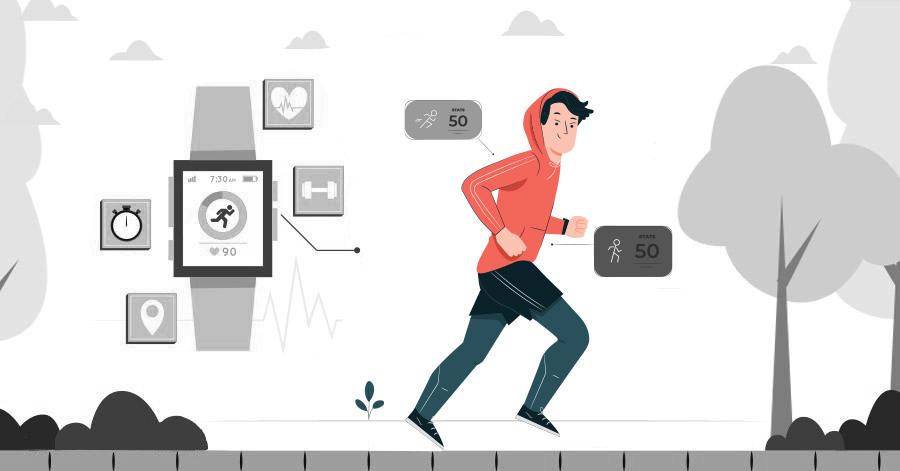Run Smarter, Not Harder - Simple Tips for Better Form
- Feb 2025
- 185
- 0

Want to run faster, longer, and injury-free? Forget chasing a “perfect” stride—science says efficiency comes from small tweaks, not major overhauls.
Here’s how to optimize your run without overthinking it.
1. There’s No One-Size-Fits-All Running Style
Some believe shortening stride length improves speed and efficiency. Research suggests no single "perfect" way to run. A study of 51 research papers found stride length and foot landing style have little impact on efficiency.
2. Let Your Body Adjust Naturally
Running form is influenced by height, weight, and muscle mass. The body self-optimizes over time with consistent running. Gradually increasing mileage is more effective than forcing changes. Altering form can cause unnecessary stress and increase injury risk.
3. Strength Training Supports Better Running
Stronger muscles help absorb and handle running impact. Squats, deadlifts, and step-ups build a solid foundation. Core and foot-strengthening exercises improve balance and stability. Plyometric movements like hopping and skipping boost energy efficiency.
4. Increase Cadence to Prevent Injuries
More steps per minute (cadence) improves alignment and reduces strain. A cadence below 160 steps per minute may need improvement. Running to a playlist with beats matching the target cadence helps maintain rhythm.
5. Posture Matters More Than You Think
Keep shoulders back, chest up, and maintain slight core tension. Engaging the core (as if blowing out a candle) stabilizes movement. Good posture reduces impact and improves overall efficiency.
6. Small Adjustments, Big Benefits
Strength, consistency, and minor tweaks matter more than drastic changes. Focus on what feels natural rather than forcing a "perfect" form.



Comments
No comments yet.
Add Your Comment
Thank you, for commenting !!
Your comment is under moderation...
Keep reading blog post